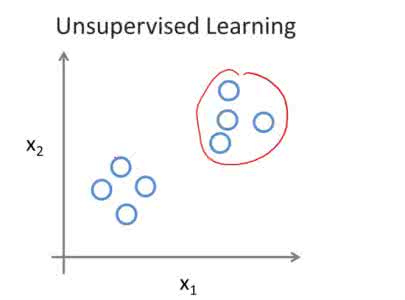In this paper, we propose Capacity-Net, a novel unsupervised learning approach aimed at maximizing the achievable rate in reflecting intelligent surface (RIS)-aided millimeter-wave (mmWave) multiple input multiple output (MIMO) systems. To combat severe channel fading of the mmWave spectrum, we optimize the phase-shifting factors of the reflective elements in the RIS to enhance the achievable rate. However, most optimization algorithms rely heavily on complete and accurate channel state information (CSI), which is often challenging to acquire since the RIS is mostly composed of passive components. To circumvent this challenge, we leverage unsupervised learning techniques with implicit CSI provided by the received pilot signals. Specifically, it usually requires perfect CSI to evaluate the achievable rate as a performance metric of the current optimization result of the unsupervised learning method. Instead of channel estimation, the Capacity-Net is proposed to establish a mapping among the received pilot signals, optimized RIS phase shifts, and the resultant achievable rates. Simulation results demonstrate the superiority of the proposed Capacity-Net-based unsupervised learning approach over learning methods based on traditional channel estimation.
翻译:暂无翻译



